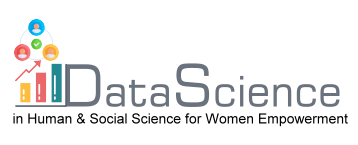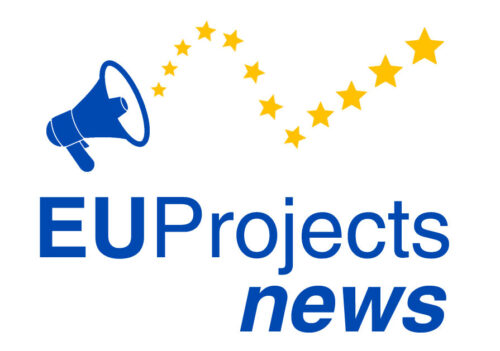
Mapping Opportunities in Data Science: A guide to professional diversification
Across Europe, more women tend to complete university education than men. In contrast, women continue to be underrepresented in programmes related to science, technology, engineering, and mathematics (STEM). Instead of pursuing a degree in STEM fields, women frequently prefer to dedicate their studies to the humanities and social sciences.
The ensuing gender imbalance also extends to professions which draw on skills and knowledge from these fields. Data science is one of the fields greatly affected by a gender imbalance. The effect is that women do not participate equally in professions which are highly sought-after and increasingly central to the entire economy. Moreover, the integration of data science into all fields of life requires much broader expertise and skills than can be offered from a STEM degree alone – which is why data science, as a field, is in dire need of experts from the humanities and social sciences.
For this reason, a consortium of seven partners from Italy, Spain, Austria, Romania, and Belgium, including three universities, developed a set of tools to assist universities wishing to introduce basic data science training in their humanities and social science degree programmes. These include an online learning platform, a framework for data science training, and a set of 43 training courses – all offered in Italian, Spanish, German, Romanian and English. To complement the support structures already developed, the consortium also compiled a career guide to support students from the humanities and social sciences with mapping out a way for them to transition into data science. Its main message is simple: there are a variety of data science roles which may interest you, and you can gradually move towards your preferred role by growing your skills and developing a supporting network.
Charting a map into data science professions
The guide was compiled by drawing on the collective experience of women working in the field of data science, with the aim of helping other women transition into this field to drive forward the much-needed diversification of the profession. Women in AI Austria hosted a workshop with companies in the field followed by an interview with another to gain the perspective of companies that have experience with people transitioning into the field. In addition, women who had recently transitioned into data science roles shared their experiences with job interviews and trial periods and added their favourite resources, networks, and initiatives to provide readers with insight into what working in the field could be like. Finally, a survey was distributed by the consortium partners to companies and organisations in their countries to identify initiatives and support structures in these countries and understand how students may be supported in their endeavours to build data science knowledge and skills. Through desk research, data science roles were identified and then contextualised to illustrate which pathways might be taken to enter the field of data science.
The result is a concise guide developed to allow for a step-by-step transition into data science. It contains an overview of data science professions and how they relate to each other as well as to other skills and disciplines. Students are provided with impulses on how to apply their existing expertise to navigate toward the role of their preference by starting with an achievable position and growing into more technical roles by accumulating experience and knowledge over time. To help readers along the way, the guide introduces useful entry points for becoming immersed in data science, such as building a network of people and information and developing a compass for training resources. In addition, the guide contains stepping stones for getting into the application phase, for instance by identifying suitable employers. The final chapter provides an outlook on how the journey keeps going beyond the first job.
About the project
The project’s objectives are to introduce curricula in data science in European Universities in Human and Social Sciences, increase data science skills among female students, and promote a career in data science among women. The project aims to foster gender diversity and inclusion in data science education and practice, recognizing the potential benefits and opportunities that data science can offer to female students from different disciplines and backgrounds.
For further information on the data science project: https://datascience-project.eu







